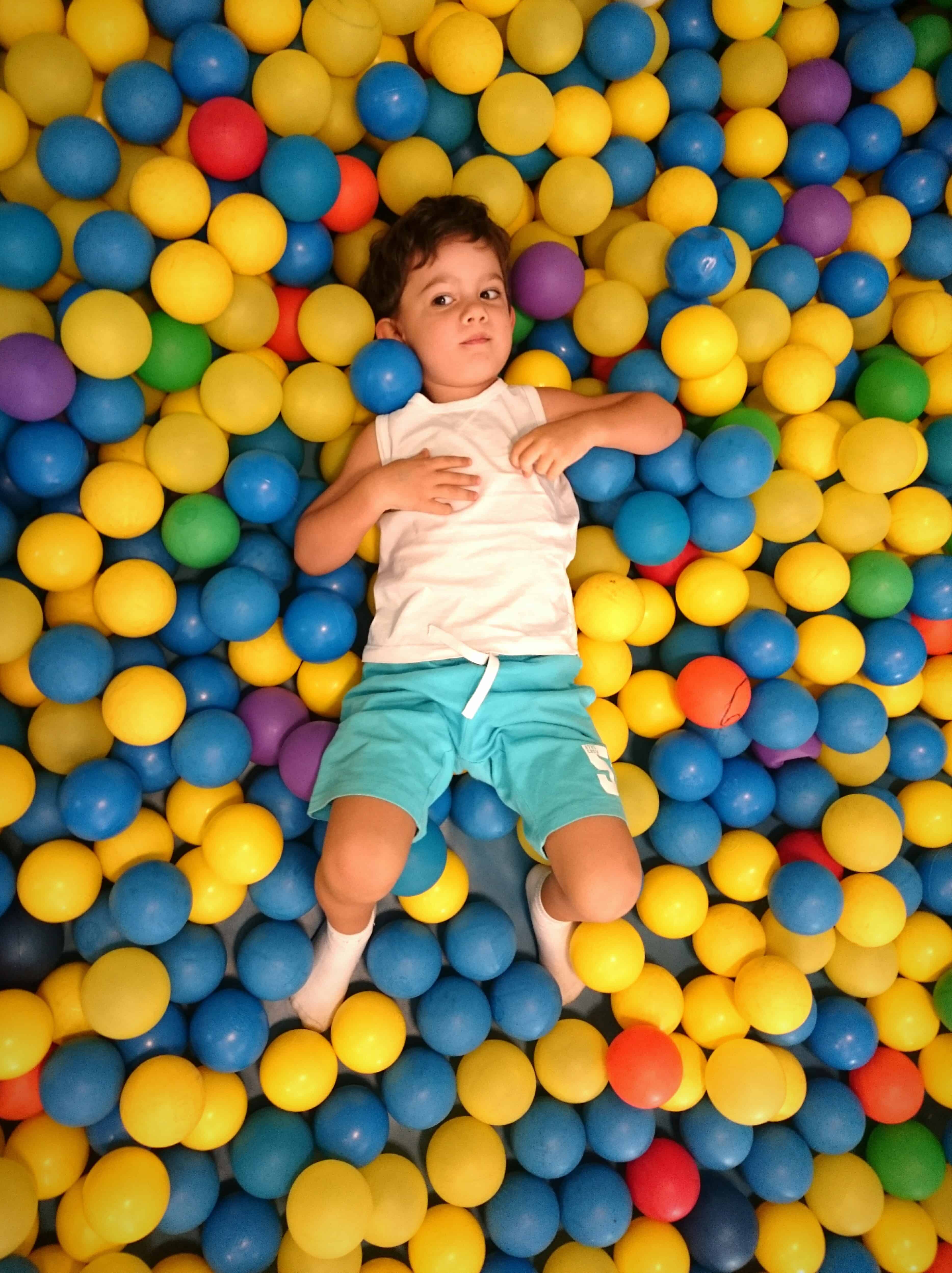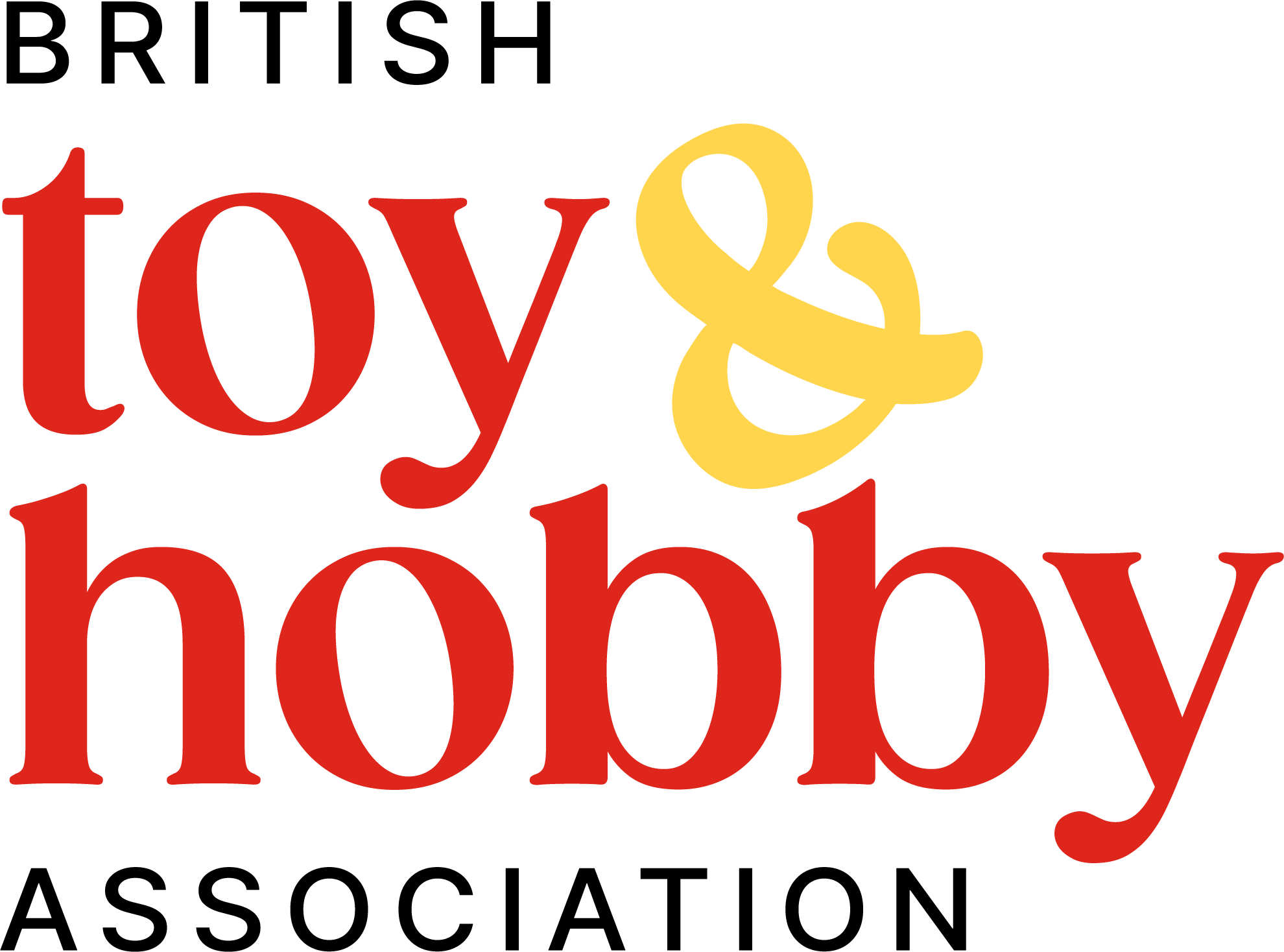Junior Children – 7-12
Children will vary in ability depending on their age. Social development is still important as it is a key time to learn empathy and team-building. Children at this age are at the very early stages of developing independence, and it’s important to support them to begin to take these small steps. Whilst parents often want to wrap their children in cotton wool at this stage, it is important that children can learn about the adult world in a safe non-threatening way and start to learn to take risks, a little at a time. This will prepare them for later in life when they need to assess how risky a situation is for themselves. Reassuringly, children often want to test such freedoms in the company of friends; so help build your confidence, as well as theirs, by discussing any concerns you may have with other parents, and working together to address them.

Junior children learn to play sports, often informally with friends as well as through organised sessions, and appreciate the rules of a game, pointing out if they think rules have been broken. Their fitness and co-ordination improves and this helps them to get better at an activity and enjoy it more. Sporty play often opens up a whole new community outside of school. Their skills at smaller movements will also improve and they will become good at writing and drawing.
They will learn by asking questions: how, why, when. They learn how to process more and more information from abstract ideas and actual facts to practical skills such as cookery and mechanics.
Children will become more independent from their family, and will form strong bonds with friends. The school (or group, such as guides or scouts) “identity” will have a profound effect on your child and will influence their likes, personality and allegiances.
 er pressure can really affect a child’s choice of toys, but unless it is developmentally appropriate for them they will quickly lose interest or may request items that are not appropriate for their age (especially if influenced by older sibling choices) so don’t feel pressured to buy everything they ask for! In contrast to infants, juniors tend to be more settled in their routines and so actively seek novelty and challenges. A child at this age will know how to play fairly using advanced social skills. They will enjoy problem-solving and strategy games as well as construction toys or arts and crafts. These are great as children love having something to show for their effort and can help build their confidence.
er pressure can really affect a child’s choice of toys, but unless it is developmentally appropriate for them they will quickly lose interest or may request items that are not appropriate for their age (especially if influenced by older sibling choices) so don’t feel pressured to buy everything they ask for! In contrast to infants, juniors tend to be more settled in their routines and so actively seek novelty and challenges. A child at this age will know how to play fairly using advanced social skills. They will enjoy problem-solving and strategy games as well as construction toys or arts and crafts. These are great as children love having something to show for their effort and can help build their confidence.
Toys which encourage children to take care of one another, and outdoor toys which help children make decisions about safety and risk, which all promote children’s independence and build key skill sets.
- Build dens
- Visit the park with friends
- Walking independently to a friend’s house
- Skateboarding
- Join in with activities/sports at school or local community centre – helps hone their social skills and build their confidence
- Play frames*
- Bikes*
- Playground games e.g. bulldog, tag*
- Strategy board games**
- Construction sets**
- Arts & crafts
- Painting
- Sleep overs/pyjama parties
- Encourage them to play with younger members of the family – gives them a sense of responsibility
*These are great way for kids to learn risk management and social skills!
** Kids love a challenge


 Facebook
Facebook Twitter
Twitter YouTube
YouTube Instagram
Instagram
